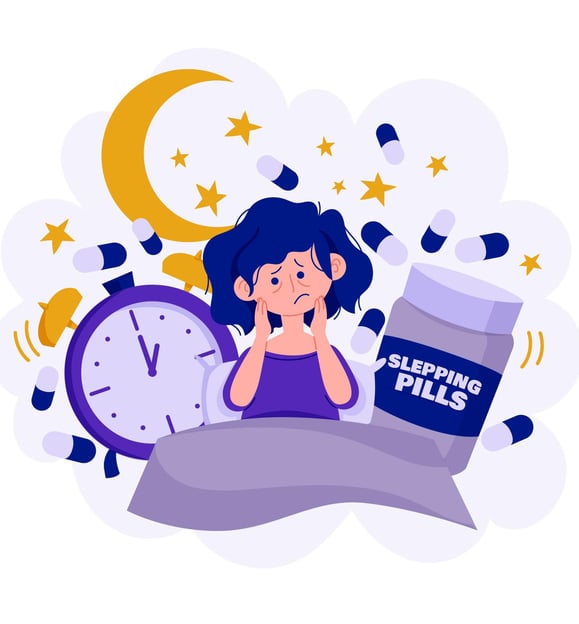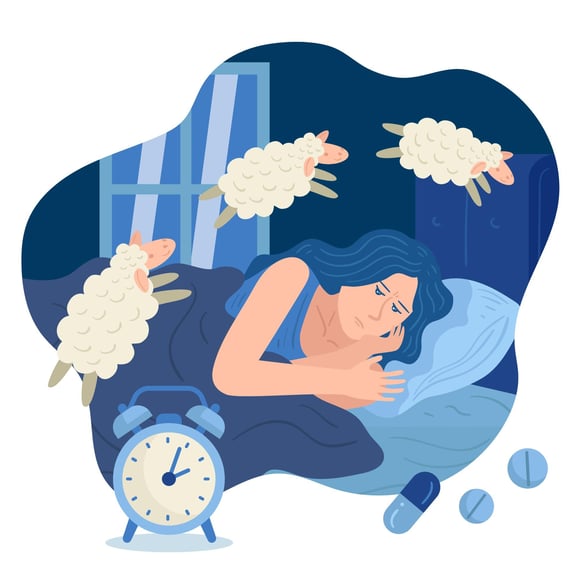The Science of Sleep: 10 Tips for a More Restful Night
Improve your quality of rest with the help of science. Discover 10 practical tips to achieve deep and restorative sleep, and transform your daily energy.
J&F Community
6/24/20252 min read
The Science of Sleep: 10 Tips for a More Restful Night
Good rest is a cornerstone of physical and mental health. If you struggle with sleep, you're not alone. Here are 10 science-backed tips to improve the quality of your sleep.
1. Maintain a Consistent Sleep Schedule. Go to bed and wake up at the same time every day, even on weekends. This regulates your body's internal clock (your circadian rhythm), helping you fall asleep and wake up more easily.
2. Create a Sanctuary for Rest. Your bedroom should be an oasis of calm. Ensure it's dark, quiet, and cool. Consider using blackout curtains, earplugs, or a white noise machine to minimize disruptions.
3. Limit Blue Light Exposure Before Bed. The blue light emitted by phones, tablets, and computers suppresses the production of melatonin, the hormone that regulates sleep. Stop using screens at least one hour before bedtime.
4. Avoid Stimulants like Caffeine and Nicotine. Caffeine can stay in your system for hours. Avoid consuming it in the afternoon and evening (after 2 p.m. is a good rule of thumb). Nicotine is also a stimulant that can disrupt sleep.
5. Don't Eat a Heavy Meal or Drink Too Much Liquid Before Bed. A large or overly spicy meal can cause indigestion and discomfort. Likewise, drinking a lot of fluids can lead to frequent awakenings to use the bathroom. Finish dinner at least 2-3 hours before sleep.
6. Incorporate a Relaxing Routine. Engage in calm activities before bed to signal to your body that it's time to wind down. You can read a physical book, take a warm bath, listen to soft music, meditate, or do light stretches.
7. Exercise Regularly, but Not Right Before Bed. Physical activity promotes deeper sleep. However, intense exercise too close to bedtime can be counterproductive for some people. Try to finish your workout at least 2-3 hours before you go to sleep.
8. If You Can't Sleep, Get Up. Tossing and turning in bed only creates anxiety. If you haven't fallen asleep after 20 minutes, get up and go to another room. Do something relaxing in low light until you feel sleepy, then return to bed.
9. Get Sunlight in the Morning. Exposure to natural light, especially early in the morning, helps reinforce your body's sleep-wake cycle. Aim to spend at least 15-30 minutes outdoors shortly after waking up.
10. Limit Long or Late Naps. While a short nap (20-30 minutes) can be beneficial, long naps or those taken after 3 p.m. can interfere with your ability to fall asleep at night.




© 2025 J&f Community
Your space for personal growth.
